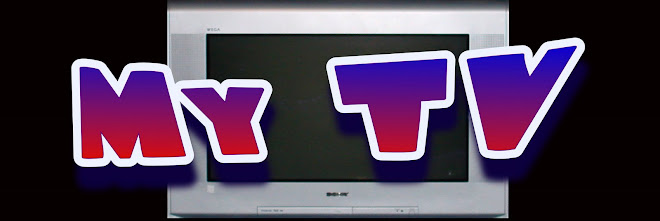 I haven't been this excited about so new a show in a very long time. After only 4 episodes United States of Tara has become one of my absolute favourite things on TV. With every half hour installment I invest more fully in the lives of the characters.
I haven't been this excited about so new a show in a very long time. After only 4 episodes United States of Tara has become one of my absolute favourite things on TV. With every half hour installment I invest more fully in the lives of the characters. As unfamiliar as the central premise of the show may be, the problems facing the characters are supremely human. The show deals with issues in poignant and real ways. Unlike a certain ABC show I know, Tara treats the issue of the young and clearly homosexual character, Marshall, as a non-issue (as it should be); Marshall is given the same romantic story opportunities as his heterosexual sister (Justin Suarez, however, does not appear to be as lucky). Max and Tara's sexual frustrations are dealt with with a similar maturity, as is Katie's teenage rebellion. The drama (and the comedy) come from the realities of humanity, and all those realities are explored but never exploited on Tara.
The alters (Tara's alternate personalities) serve to highlight Tara's turmoil. While they do advance plot (causing her problems at work, creating tension between her and her kids, bringing up marital issues for Max) their main purpose is to reveal parts of Tara that she can't let herself possess. The psychology of Buck's appearance when Tara had made romantic plans with Max, for example, is fascinatingly revealing. And the consequences of living with multiple people inside you? An intriguingly solitary existence (beautifully exemplified when Tara's new friend abandons her and she retreats into her childhood self to play clapping games with her sister).
With Tara, Diablo Cody has created more than just a show about dissociative identity disorder, she's created an engaging ensemble dramedy about life. The plights of Tara, Max, Katie, Marshall and Charmaine are all complicated by T, Buck and Alice (Tara's alters) but they're every bit as relatable as those of the average Joe.





No comments:
Post a Comment